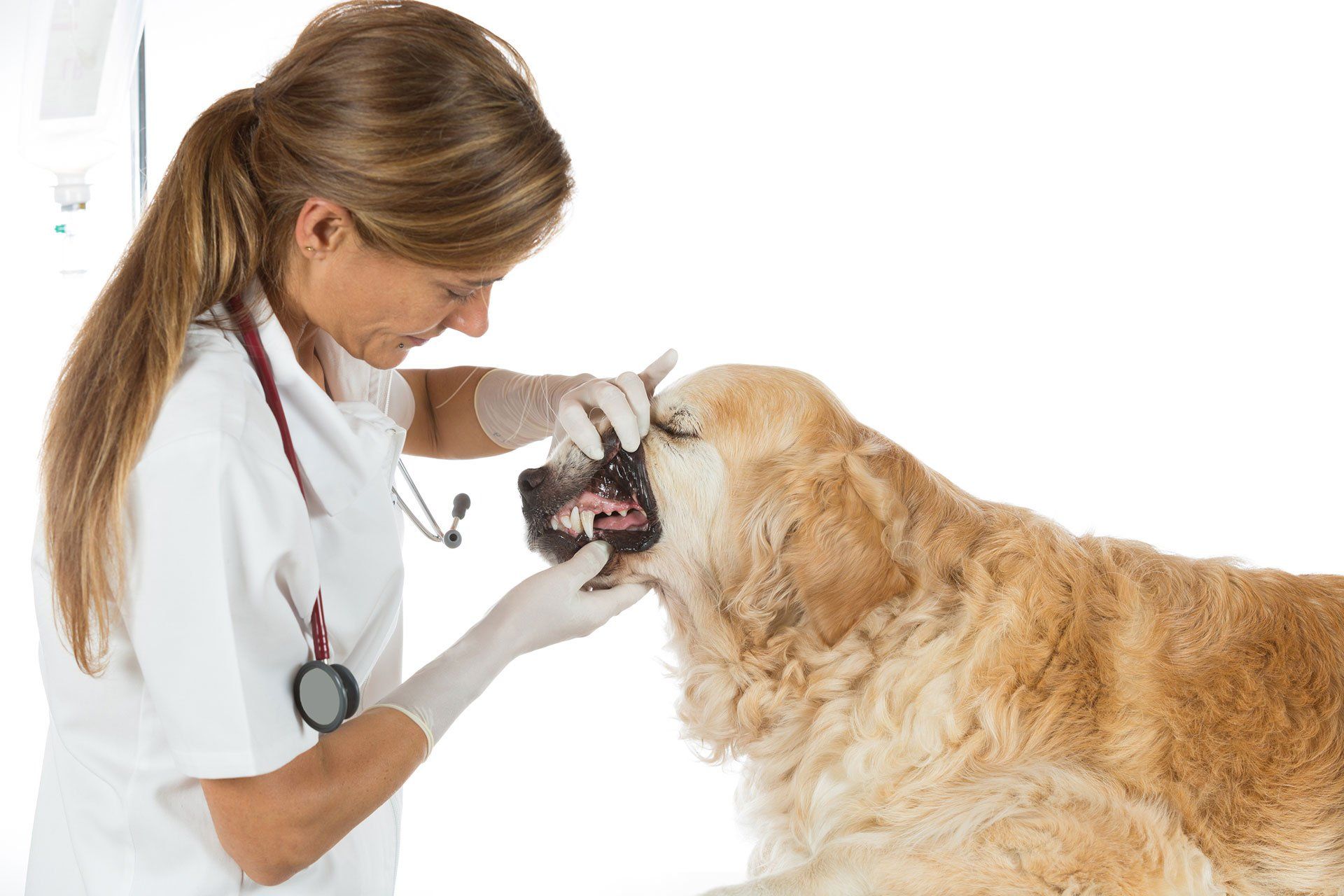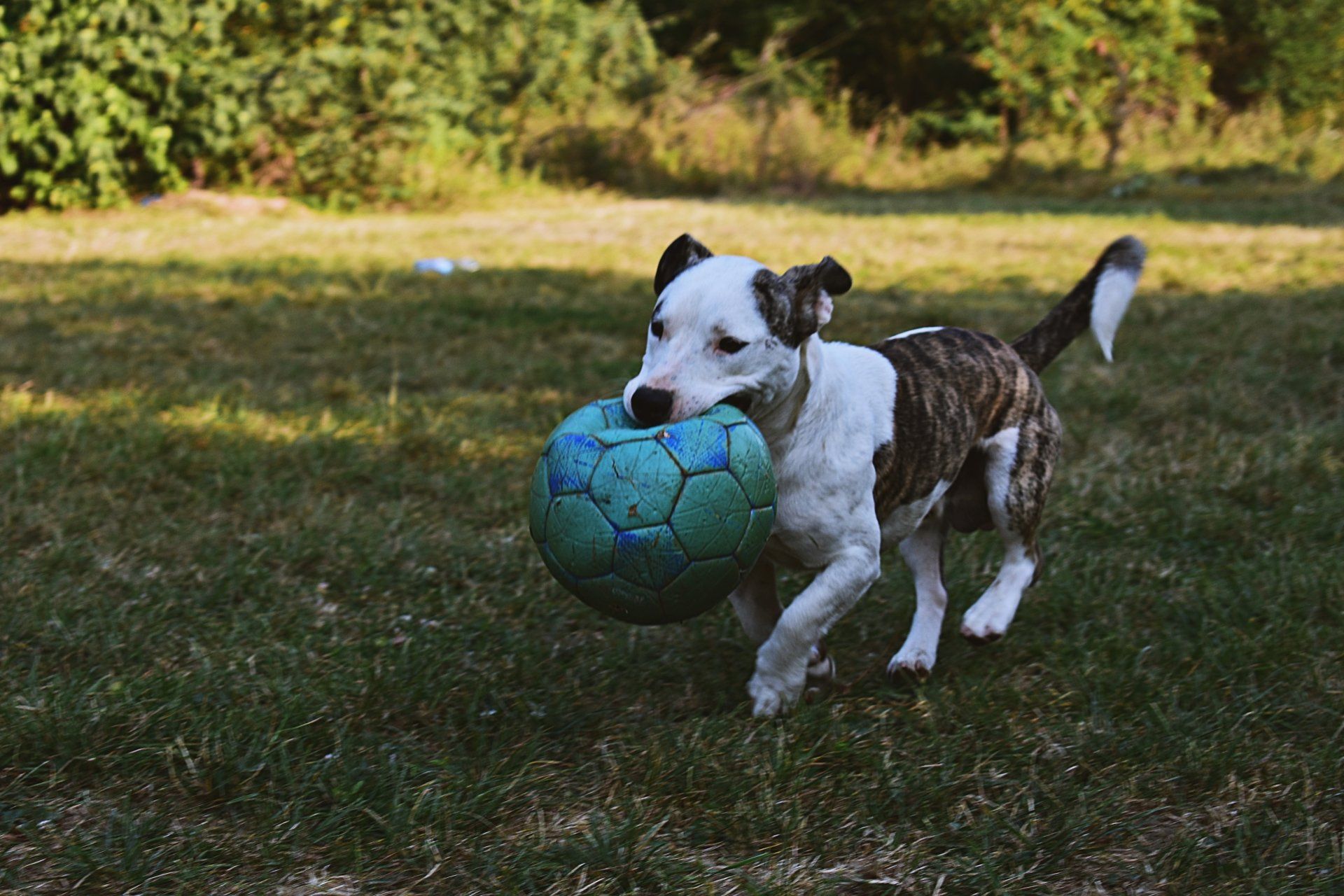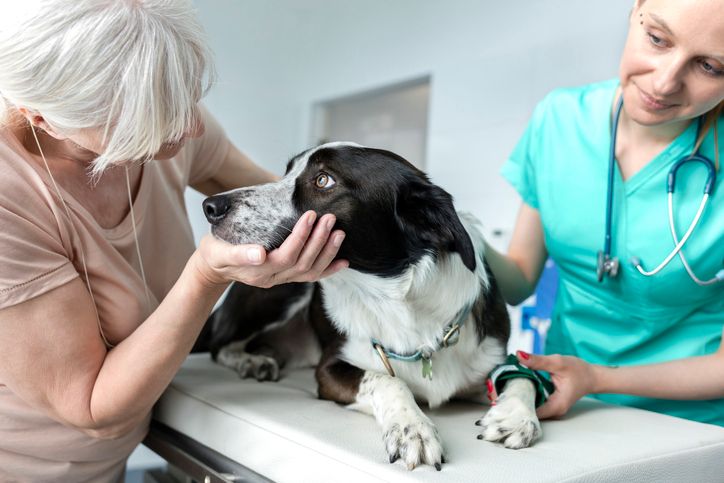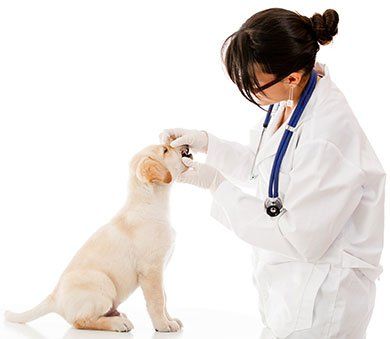PLEASE CALL FOR AN APPOINTMENT
Walk Ins Still Welcome
(910) 980-0692
Flea & Tick Prevention Tips
How to Protect Your Pet from Fleas & Ticks
Our pets are our best friends so it’s important to keep your furry friend feeling healthy. One way to do that is by protecting them from fleas and ticks. These types of pests can cause harmful diseases and infections. Without the proper protection, your pet is at risk of contracting diseases like Lyme disease. When it comes to flea and tick protection, it's important to find the right products for your pet and their needs.
It’s important to do your part in preventing fleas and ticks from harming your furry friend. This will ensure they’re ready to play outside all summer long. Check out the following section for some tips on how you can prevent these nasty pests from causing havoc on your pet’s life.
Keep Your Home Clean
Routine cleaning can keep flea eggs from hatching and invading your home. Cleaning your couches, curtains, carpets, and your pet’s bedding will ensure your home is free from flea eggs. After you’re done cleaning, it’s important to dispose of the vacuum bag properly. This will ensure the eggs won’t hatch and continue to multiply after they’ve been vacuumed up.
Keep Your Yard Clean
Just like cleaning your home, the yard needs to be well kept as well. Regular maintenance like mowing the lawn, raking leaves, and removing brush clippings will prevent the chances of fleas hanging out and breeding. Ticks tend to hide in high grasses, which is why it’s important to keep them well-trimmed. They also tend to thrive in deeply wooded and humid areas, like North Carolina. Treating your lawn with flea and tick prevention chemicals will reduce the chances of them clinging to your pet.
Check Your Pet Regularly
Living in a deeply wooded and humid area increases the chances of your pet getting bit by a tick. It’s important to check over your pet regularly for ticks. They tend to cling to their skin, ears, and under their legs. Once a tick has attached itself, it only takes about 24 hours for it to transmit diseases. Routine skin checks on your pet will prevent the development of common diseases that ticks transmit, like Lyme disease. If your pet has been bitten by a tick, they may show changes in their behavior. Common signs are loss of appetite, limping, and tiredness.
Use Flea & Tick Prevention Treatments
Since ticks and fleas tend to thrive during the summer months, it’s important to use a preventative treatment to keep them at bay. Your pet should be on a yearly flea and tick product to prevent the chances of a bite. It’s important to consult your veterinarian whenever you’re deciding on the right product for your pet’s needs.
Contact Our Emergency Veterinarian in Dunn, NC Today!
When you’re looking for someone to help keep your pet healthy, turn to Vetcare for Pets Animal Hospital. Flea and tick bites can cause a variety of issues for your pet. Whether they’re in need of a special flea and tick treatment or an emergency veterinarian, we’re here to help. After any tick bite, it’s important to monitor your pet’s behavior. If there’s any appetite changes, excessive tiredness, or limping – you should contact an emergency veterinarian. At our animal hospital, we’re fully equipped to handle any type of pet emergency.
For years, our emergency veterinarian has provided quality services for Benson, Clinton, Dunn, Fayetteville, Smithfield, NC and the surrounding communities. To learn more about our services, contact our emergency veterinarian. Have no doubt, that we’re here to ensure your pet stays healthy.

Vetcare for Pets Animal Hospital
1165 East Cumberland St
Dunn, NC 28334
(910) 980-0692
Follow Us
New Hours: M-TH 8a-5p, F 8a-7p, SAT 8a-2p, SUN -CLOSED
Dunn, NC | Fayetteville, NC | Smithfield, NC | Benson, NC | Clinton, NC









